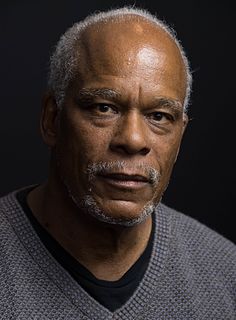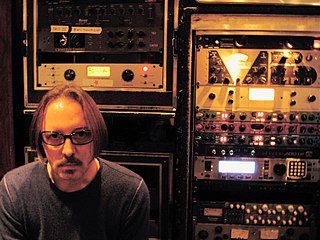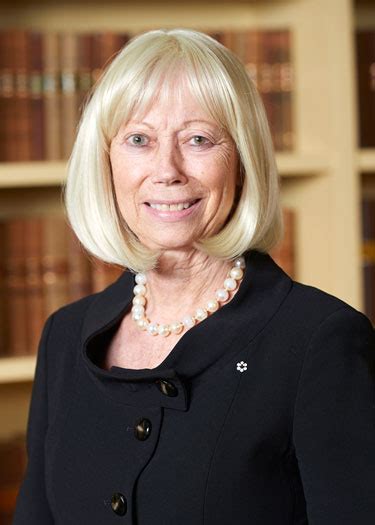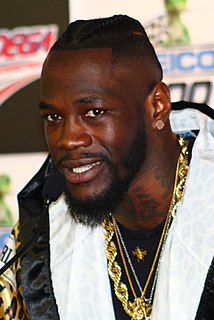A Quote by Stanley Nelson Jr.
Part of the problem with Occupy Wall Street was that folks were never really clear on what they were fighting for. If you don't know what you're fighting for, how do you know when you've got victory? In some ways, new media makes it easier for people to connect. It's hard, though, because we're much more seduced by the Internet, by big-screen TVs, by cell phones that can do everything.
Quote Topics
Because
Big
Cell
Cell Phone
Cell Phones
Clear
Connect
Do You Know
Easier
Everything
Fighting
Folks
Got
Hard
How
Internet
Know
Makes
Media
More
Much
Never
New
New Me
New Media
Occupy
Occupy Wall Street
Part
People
Phones
Problem
Really
Screen
Some
Street
The Problem With
Though
Tvs
Victory
Wall
Wall Street
Ways
Were
Related Quotes
All those people who went out [to Occupy Wall Street] missed work, didn't get paid. Those were individuals who were already feeling the effects of inequality, so they didn't have a lot to lose. And then the individuals who were louder, more disruptive and, in many ways, more effective at drawing attention to their concerns were immediately castigated by authorities. They were cordoned off, pepper-sprayed, thrown in jail.
I found when we released Not Your Kind of People it was hard for me to go back on tour, especially when we had some runs that were 7 or 8 weeks in a row and I wouldn't see my family the whole time. It has gotten easier with the internet you know because you can Skype or get on Facetime and connect with your family. It was much harder to do that when we started Garbage 20 years ago.
All of my books have an internal geometric shape, and once I've seen the shape, then the writing gets much faster and easier because I now do know where we're going, and I know what's motivating these people, why they were here, and therefore, I have some good idea how they got there, and so I can fill in the missing chunks somewhat more easily.
Some people say that it's so hard with the Internet, but I know for a fact that the Internet has made it easier for someone to establish themselves. There's so much you can do online. If you know how to use it right, the web serves as the great equalizer for someone that's just getting into business.
The whole first movie [Twilight] was pretty fun. I had never really done a movie like it, when there's such a big cast of people that are around about the same age. Everyone didn't really know what was going to happen with the movie, but there was a good energy. There was something which people were fighting for, in a way. They wanted it to be something special. None of us were really known then, as well. It felt like a big deal, at the time.
Fighting is really, really rewarding. I truly enjoyed it. I got feelings from fighting that were bigger than those I had experienced in almost any other realm of my life. It made me feel awake in a way that I had never been awake. Those kinds of big emotions and big experiences may come with a heavy price tag.
Do you remember when you were 10 or 11 years old and you really thought your folks were the best? They were completely omniscient and you took their word for everything. And then you got older and you went through this hideous age when suddenly they were the devil, they were bullies, and they didn't know anything.
When you're directing you're kind of interested in the movie and the story and the characters. I just sort of prefer the really tough fighting and some of the other street fighting type moves. You know, where it's not just show. It's not dressing it up for the cameras too much. It's pretty down and dirty, the way it should be. That's something I like to do. I do that.
It's so Canada. On some level, you laugh, but on another level, it's just depressing. We pride ourselves: We're not like the bad old U.S. where they had segregation, whites-only washrooms and hotels. We think we were the capital of the Underground Railroad, we were the place to where the slaves escaped, we were a much better country. But in fact, some of the black people in Canada at the time said, 'It's actually much easier in the United States because you know which hotels, restaurants, theatres won't let you in because the signs are there. In Canada, you never know.'



































